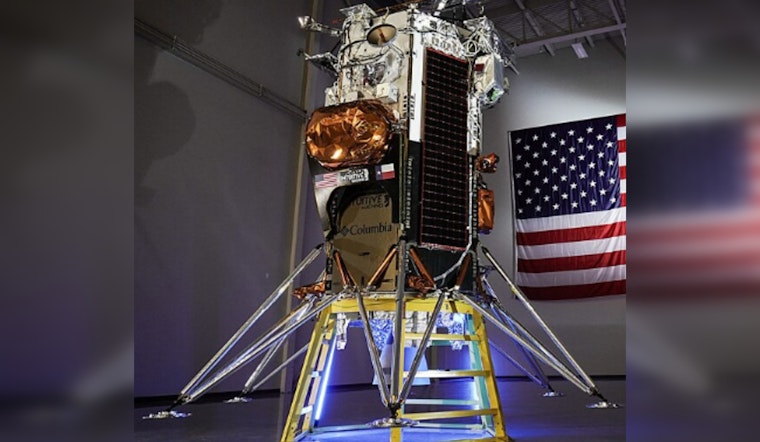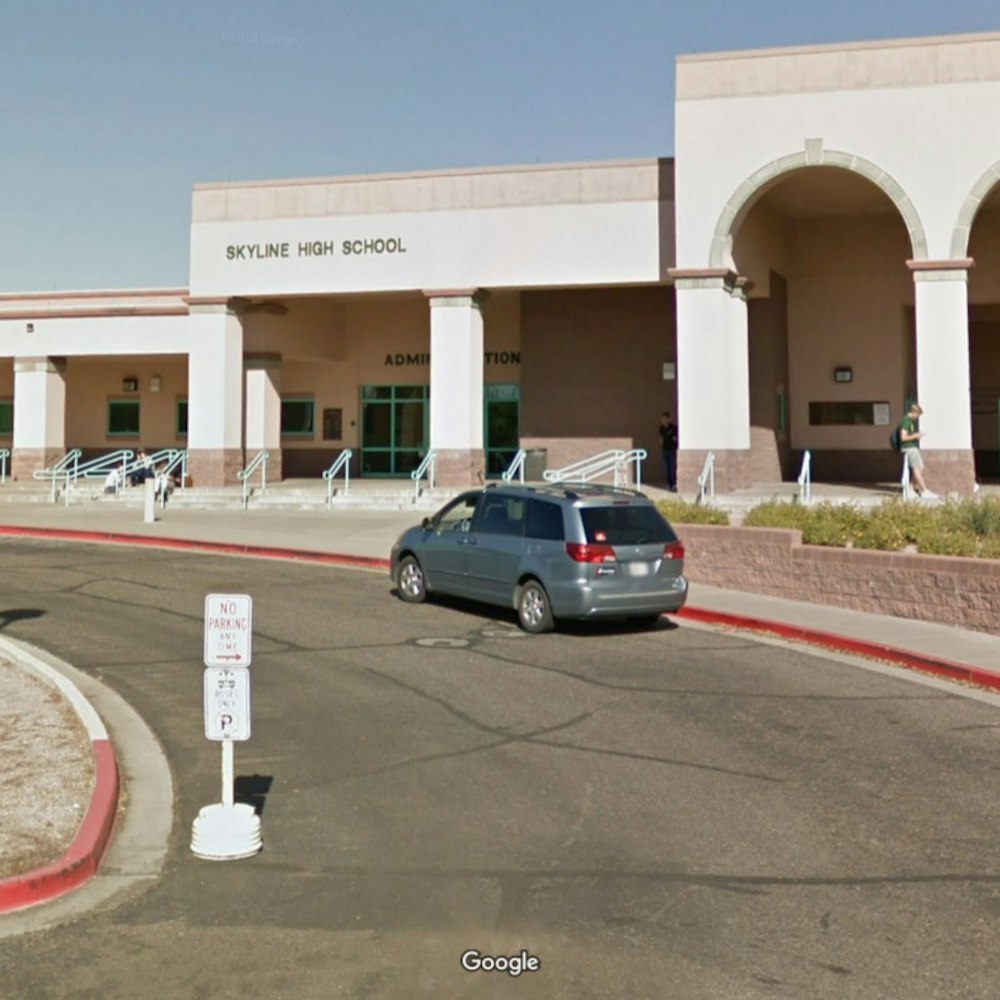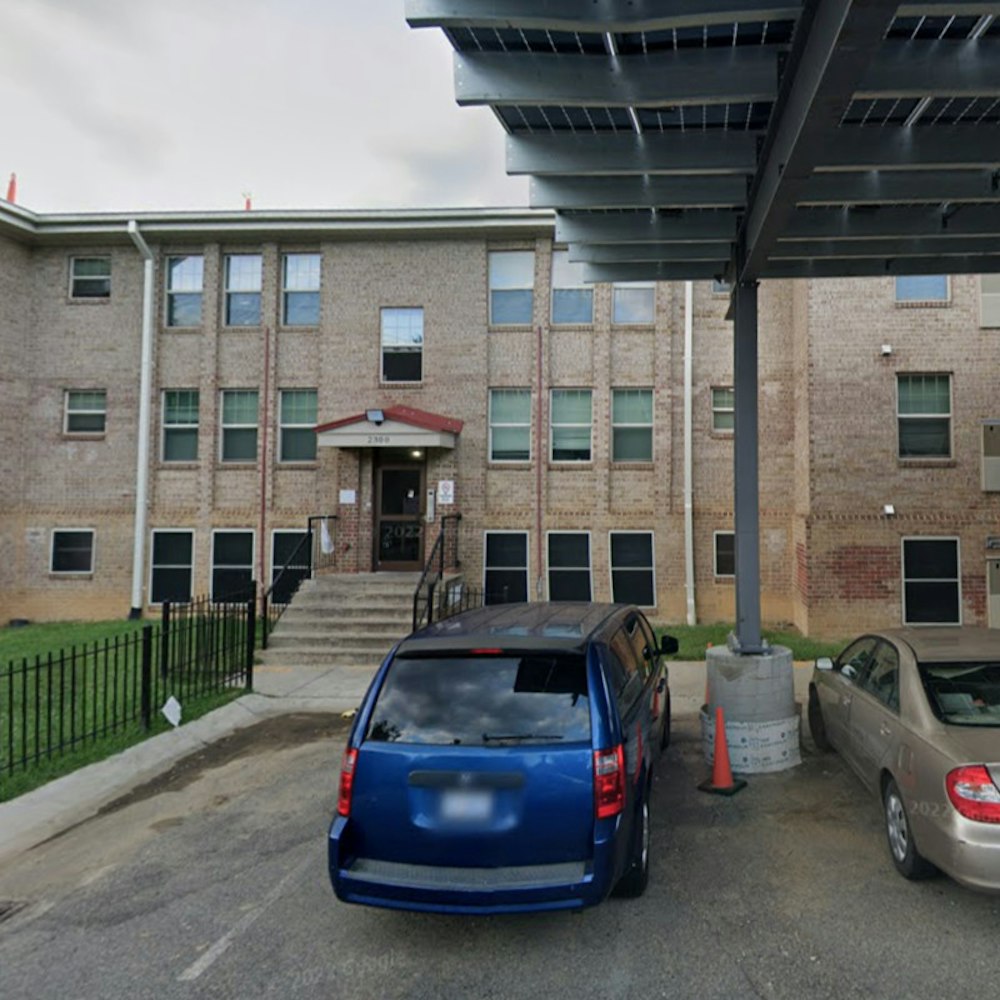
The Odysseus lunar lander, known affectionately as 'Odie', has succumbed to the unforgiving conditions of the moon's surface. The Houston-based Intuitive Machines confirmed on Saturday, that the lander, which made history as the first commercial lunar lander to alight on the moon, has not survived the lunar night. According to a statement obtained by the Houston Chronicle, the company began listening for a wake-up signal on March 20 but by Saturday had to concede that "Odie's systems did not survive."
Despite a problematic landing on Feb. 22, which saw the craft come to rest on its side after one of its legs broke, Odysseus completed part of its mission. Although landing with a face plant, the lander's stumble only managed to partially affect the mission. It was charged with investigating moon dust behavior and recording conditions at the lunar south pole, as reported by LiveScience. Intuitive Machines had hoped that despite not being designed to withstand the two-week-long lunar night, Odie might still power back up when the sunlight returned.
Odie was a significant part of a broader lunar exploration effort since it was the first U.S. spacecraft to softly land on the lunar surface in five decades. The lander's mission followed India's Chandrayaan-3, which also succumbed to the moon's south pole conditions shortly after its successful landing in August 2023. This area is of great interest because of its water ice presence, which could potentially be used to create rocket fuel, crucial for future space missions, according to the same LiveScience report.
Launched aboard a SpaceX Falcon 9 rocket on Feb. 15, Odysseus' journey included orbiting the moon before descending to its surface. After completing this historic maneuver, the lander sent back its final farewell image before being enveloped by the lunar night. Since March 20, Intuitive Machines has been listening for signs of life, but a reawakening was not meant to be. "Intuitive Machines started listening for Odie's wake-up signal... when we projected enough sunlight would potentially charge the lander's power system and turn on its radio," representatives of the company shared on X. Sadly, Odysseus' solar panels, now bathed in sunlight, failed to resurrect its systems, which would complete the mission by returning a call home, as noted by company statements relayed by LiveScience.
While the cold of the lunar night proved too formidable for Odie this time, the knowledge gained from this mission will undoubtedly inform future endeavors, as humanity continues its pursuit of the cosmos. Intuitive Machines expressed that "This confirms that Odie has permanently faded after cementing its legacy into history as the first commercial lunar lander to land on the moon,"









